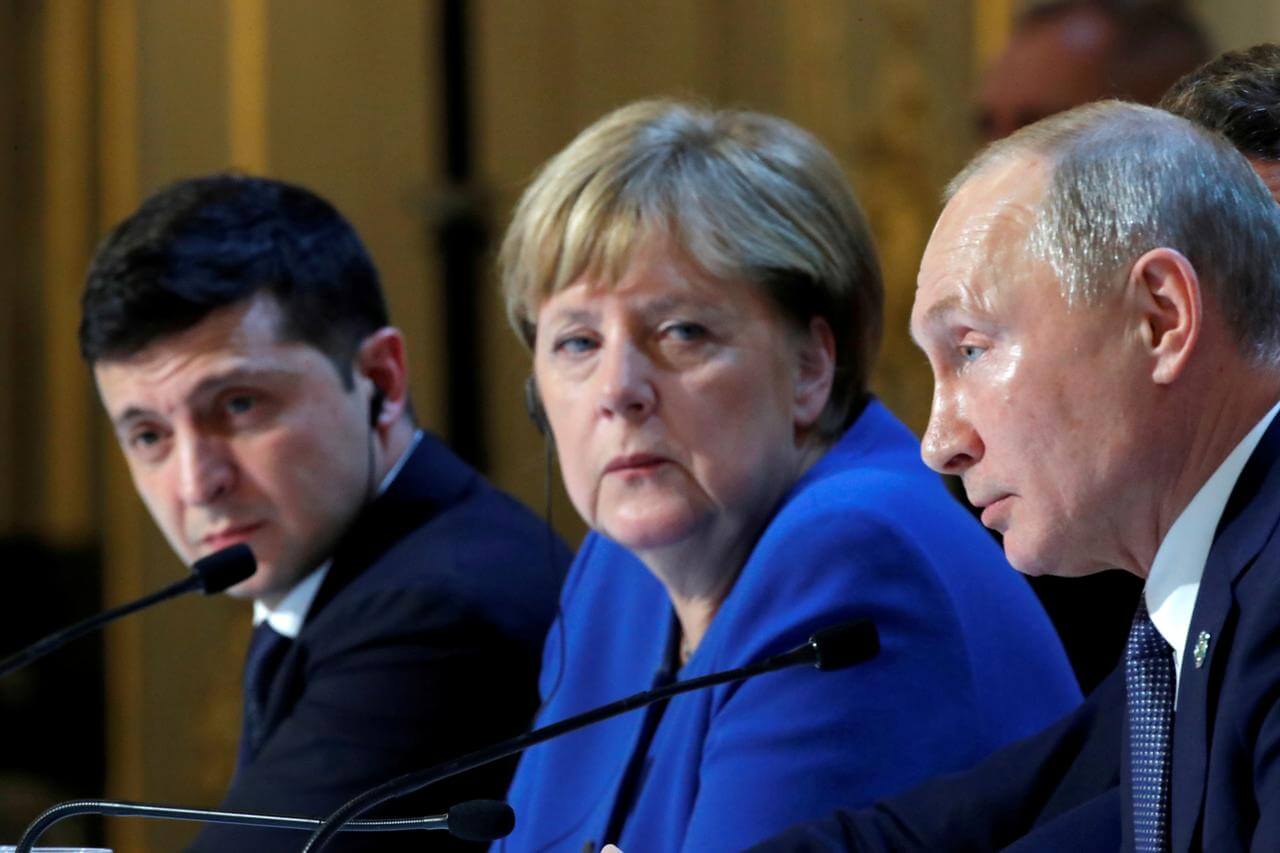International Relations
Estonia began its membership on the UN Security Council last week with four new elected members–Niger, Tunisia, Vietnam and Saint Vincent and the Grenadines. Belgium, Germany, the Dominican Republic, Indonesia and South Africa will continue their membership. [The Baltic Times]
Following Russian President Vladimir Putin’s accusation that Poles are anti-Semitic and share responsibility for the outbreak of World War II, Polish President Andrzej Duda has canceled his participation in the World Holocaust Forum taking place in Israel. The event is dedicated to the 75th anniversary of the liberation of the German Auschwitz concentration camp. [Middle East Monitor]
President Vladimir Putin has invited German Chancellor Angela Merkel to Russia on January 11 to discuss the crisis triggered by the killing of Qassim Suleimani. Merkel will be accompanied by German Foreign Minister Heiko Maas, and the meeting will also include discussions on Syria, Libya and Ukraine. [Reuters]
China is being accused of buying influence in the Czech Republic, as an investigation revealed the country’s aggressive attempts to gain access to former communist central and eastern European countries. Petr Kellner–Czech Republic's richest man–is at the center of this suspected foreign influence campaign after one of his businesses financed an attempt to improve China’s image in the country. [The Guardian]
Environment
Russia has published a plan of action to adapt its economy and population to climate change and capitalize on some advantages of warmer temperatures. A list of 30 measures includes preventative measures, crisis preparation tools, education reforms, as well as possible “positive” effects of climate change that could be explored. [The Guardian]
Business
Despite being snubbed by Trump, Ukraine’s underrated economy is soaring, with increased exports and domestic growth, decreased inflation and a rapidly appreciating currency. The International Monetary Fund has agreed to a new loan package for the country that could trigger greater foreign investment, key social reforms have passed parliament, and some big economic reforms are still pending. [The Washington Post]
Russia has begun European gas deliveries through the new TurkStream pipeline to Turkey, Greece and North Macedonia. TurkStream is being built in two pipelines–one aimed at supplying Turkey, and the second to run further from Bulgaria, to Serbia and Hungary. [Ekathimerini]
Russian and Ukrainian gas companies have reached a new agreement to ensure the flow of Russian natural gas through Ukraine for the next five years. Starting at 65 billion cubic meters in 2020, the volume will then fall to 40 billion cubic meters a year. Ukraine is set to collect more that $7 billion in transit fees by 2024 under the new deal with Russian company Gazprom, and Ukraine’s Naftogaz will keep the $2.9 billion it has received from Gazprom to settle a long-running dispute on transit fees. [DW News]
Image Source: Reuters

